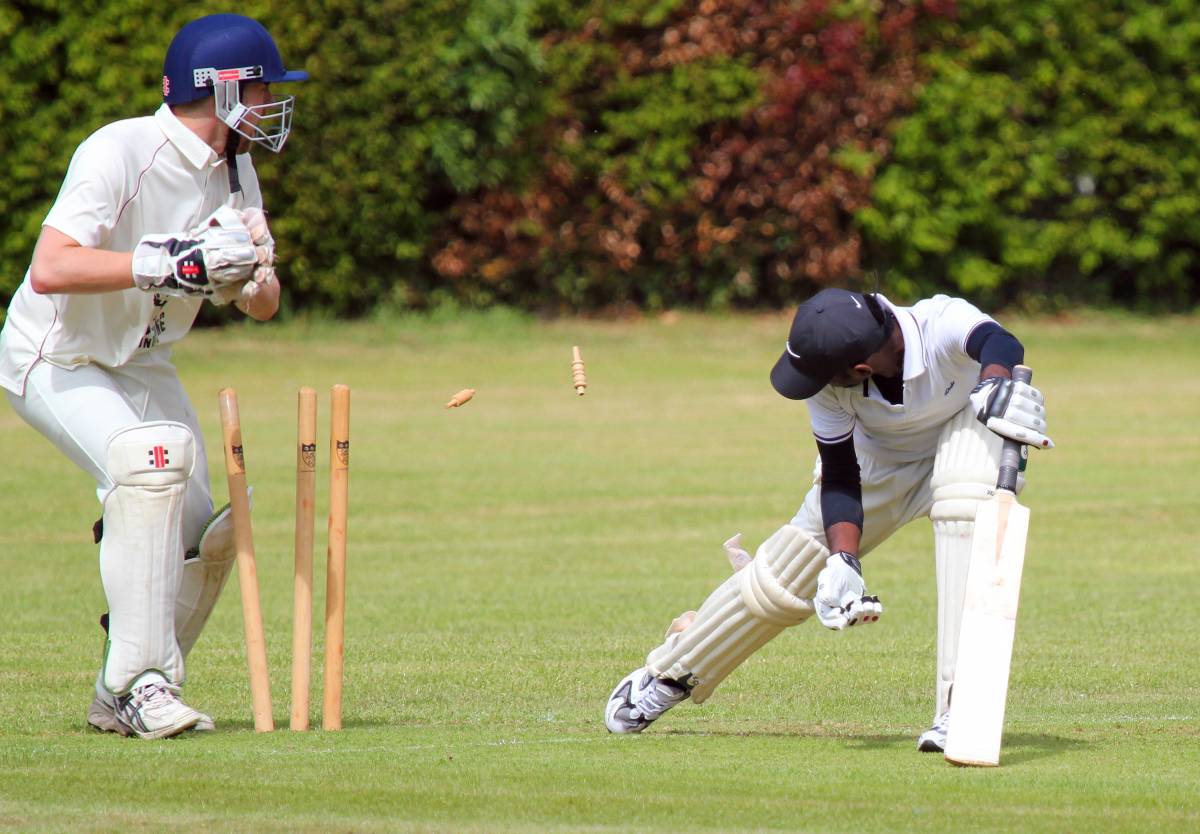Guidelines will 'set the standard for grassroots concussion management that all sports will follow'
The first UK-wide concussion guidelines for people of all ages playing grassroots sport were published today (28 April) by the government and the Sport and Recreation Alliance.
The aim of the guidelines is to help players, coaches, parents, schools, national governing bodies and sports administrators to identify, manage and prevent cases of concussion. Developed by an expert panel of domestic and international clinicians and academics in neurology and sports medicine, they aim to improve the treatment of concussion in grassroots sport – where trained medical professionals are less likely to be routinely present.
The key message of ‘If in doubt, sit them out’ – stressing that no-one should return to sport within 24 hours of a suspected concussion – builds on guidance published in Scotland in 2021.

Main points include
- recognising the signs of concussion
- removing anyone suspected of being concussed immediately
- returning to daily activity, education/work and, ultimately, sport in a safe fashion
The guidelines recommend that those involved phone NHS 111 within 24 hours of a case of potential concussion, while the affected person should rest and sleep as much as needed for the first 24-48 hours and avoid using devices involving screen time.
In addition, a graduated return to activity such as work, education and sport is advised to reduce the risks of slow recovery, further brain injury and longer-term problems. Individuals should be assessed by an appropriate healthcare professional if symptoms persist for more than four weeks.
Sports minister Stuart Andrew said: ‘Sport keeps us healthy and active but it is not without risk and major injuries to the head can and do happen. Research has shown the importance of fast and effective tailored treatment and we are issuing expert guidance to help people spot and treat head injuries.'
He added: ‘Whether used in a local leisure centre during a swimming lesson or on a village green during a cricket match, the guidance will make a real difference to people’s lives.’
Based on the pragmatic, precautionary approach to immediate concussion management of 'if in doubt, sit them out' ... these guidelines set the standard for grassroots concussion management that all sports across the UK will follow [Professor Willie Stewart]
The move meets a commitment set out in a government Action Plan on Concussion in 2021 to introduce a national approach to prevent concussion and brain injury in sport, and to do so through a combination of improved research and new technologies.
It follows increasing focus on the long-term negative health effects from brain injury and concussion sustained while playing sport. This is linked to advances in training, coaching, equipment and technology which have led to stronger, faster and better-trained players at all levels.
Professor Willie Stewart
Professor Willie Stewart, from Glasgow University’s School of Psychology and Neuroscience, said: ‘The release of these guidelines represents a world-leading landmark in sports concussion management. Based on the pragmatic, precautionary approach to immediate concussion management of “if in doubt, sit them out”, followed by an emphasis on individualised, self-managed return to normal life and sport, these guidelines set the standard for grassroots concussion management that all sports across the UK will follow.’
Sport and Recreation Alliance's view
Lisa Wainwright, the Sport and Recreation Alliance’s chief executive, said: ‘Concussion is a serious issue and we must always strive to make sport as safe as possible for all those who take part at a grassroots level in clubs, schools and many other settings every week across the UK.’
'Pushing through' approach unhelpful
Great Britain cycling team endurance rider and Olympic champion Katie Archibald said: ‘Concussion is a difficult injury to get your head around. It has taken me a few incidents to learn to take it seriously, but now that I’ve experienced how much worse you can make things by “pushing through”, I would never rush a return to full training.'
Ms Archibald added: ‘I relied heavily on guidance from my national governing body, especially since a concussion can impact your judgement and decision making, so I’m glad these protocols will be regularly reviewed and updated.’
The guidance was developed in a collaboration that involved stakeholders in sport, physical activity and education, athlete healthcare providers, research institutions, the Royal College of General Practitioners, the Royal College of Emergency Medicine, the Society of British Neurological Surgeons and governmental departments.
To download a copy of the guidelines, click
Author: Ian A McMillanShare it with














